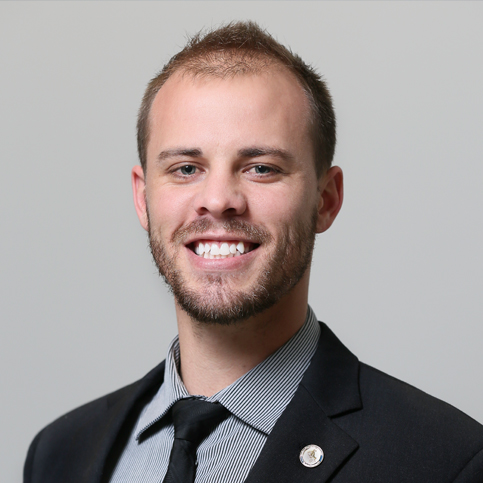Pharmacy
Pharmacy is a growing field with increasing demand as the population is more aware of the importance of prevention and proper healthcare, as the overall population ages and as access to health insurance opens. According to the American Association of Colleges of Pharmacy, pharmacists educate consumers and patients on the use of prescriptions and over-the-counter medications; advise physicians, nurses, and other health care professionals on drug decisions; provide expertise about the composition of drugs, including their chemical, biological and physical properties, and their manufacture and use; and ensure drug purity and strength and make sure that drugs do not interact in a harmful way.
NOTE: Pre-pharmacy is not a major or a program, and The University of Tampa does not have a pharmacy school. Pre-pharmacy is an interest or path students choose that advisors help guide them on their journey towards applying to pharmacy school.
Preparing for Pharmacy School:
Earn a bachelor’s degree
Pharmacy school is a graduate program; to become eligible to apply to pharmacy school students may need to earn a bachelor's degree and take specific pre-requisites (classes that pharmacy schools require). The majority of students enter a pharmacy program with three or four years of college experience. Please check with each pharmacy school to see if a bachelor’s degree is required or strongly recommend. At UT, students can earn a bachelor's degree and take pre-requisite courses. They will need to choose a major, as pre-pharmacy is not a major or a program at UT.
Students who are interested in going to pharmacy school typically major in biology, chemistry, or biochemistry. These majors include most of the required courses for entrance into pharmacy programs and will help prepare students for Pharmacy College Admission Test (PCAT). However, other degrees can also prepare students for health professions; thus students are encouraged to major in the field where they excel and should consult the pre-health professions advisor about course work.
Basic pre-requisite* (Each pharmacy school has its own set of pre-requisites, and students need to research the admission requirements of each school to which they are intending to apply.) courses required for pharmacy school:
- Biology I (1)and II (2)with labs
- General Chemistry I (1)and II (2)with labs
- Organic Chemistry I (1)and II (2) with labs
- Physics with labs
- Anatomy and Physiology with labs
- Calculus
- Microbiology/ Biochemistry/Genetics may be required depending on the school
- Psychology/Sociology/Economics may be required depending on the school
*Each pharmacy school has its own set of pre-requisites, and students need to research the admission requirements of each school to which they are intending to apply. Search accredited pharmacy schools in the U.S.
Build an extensive record of relevant experiences
- Shadow a pharmacist – gain knowledge of the pharmacy field and confirm if this is your passion
- Work/volunteer – in a pharmacy or health setting
- Community service/volunteer – students should have a passion for helping others; service could be both inside and outside of medical/clinical settings
- Research/lab experience
- Leadership – roles on and off-campus
Pharmacy College Admission Test (PCAT)
- The PCAT is required for some U.S. pharmacy schools. The PCAT is about four hours long and costs $210
- Completion of most of the basic pre-requisites is needed to be prepared to take the PCAT.
- Students who are on the traditional path of going to pharmacy school directly following graduation from UT should be prepared to take the PCAT in the late spring/early summer of their junior year.
- Take the PCAT before applying to pharmacy schools.
Pharmacy school applications
- Students apply to pharmacy school a full year before they intend to start (summer of junior year through fall of senior year).
- Applications open every summer and each school has its own deadline.
- Some pharmacy schools have rolling admissions, so they will review student files as soon as they are complete and submitted. Applicants are encouraged to apply early!
- Take a look now at what is expected of the application: PharmCAS Application
Pharmacy School Information and Beyond
- A traditional pharmacy program is four years long.
- There are six fully accredited pharmacy schools in Florida:
- After completion, the student earns a Doctor of Pharmacy (Pharm.D.).
- A one- to two-year residency or fellowship may be required post-graduation, depending on the type of employment desired.
Pre-Health Professions Committee (PHPC)
Members of the Department of Chemistry, Biochemistry, and Physics and the Department of Biology offer guidance to students and write letters of recommendation, known as Committee Letters, through UT's Pre-Health Professional Committee (PHPC).
Contact
Pre-professional advising has a dedicated program specialist to help students prepare for professional school in the health sciences. The specialist would like to see all pre-health students early on to ensure they are on the path to success. Please email Jackie Mikulski to inquire about the next steps in the pre-health advising program.
Additional Resources
Explore Health Careers - Pharmacy
American Association of Colleges of Pharmacy


